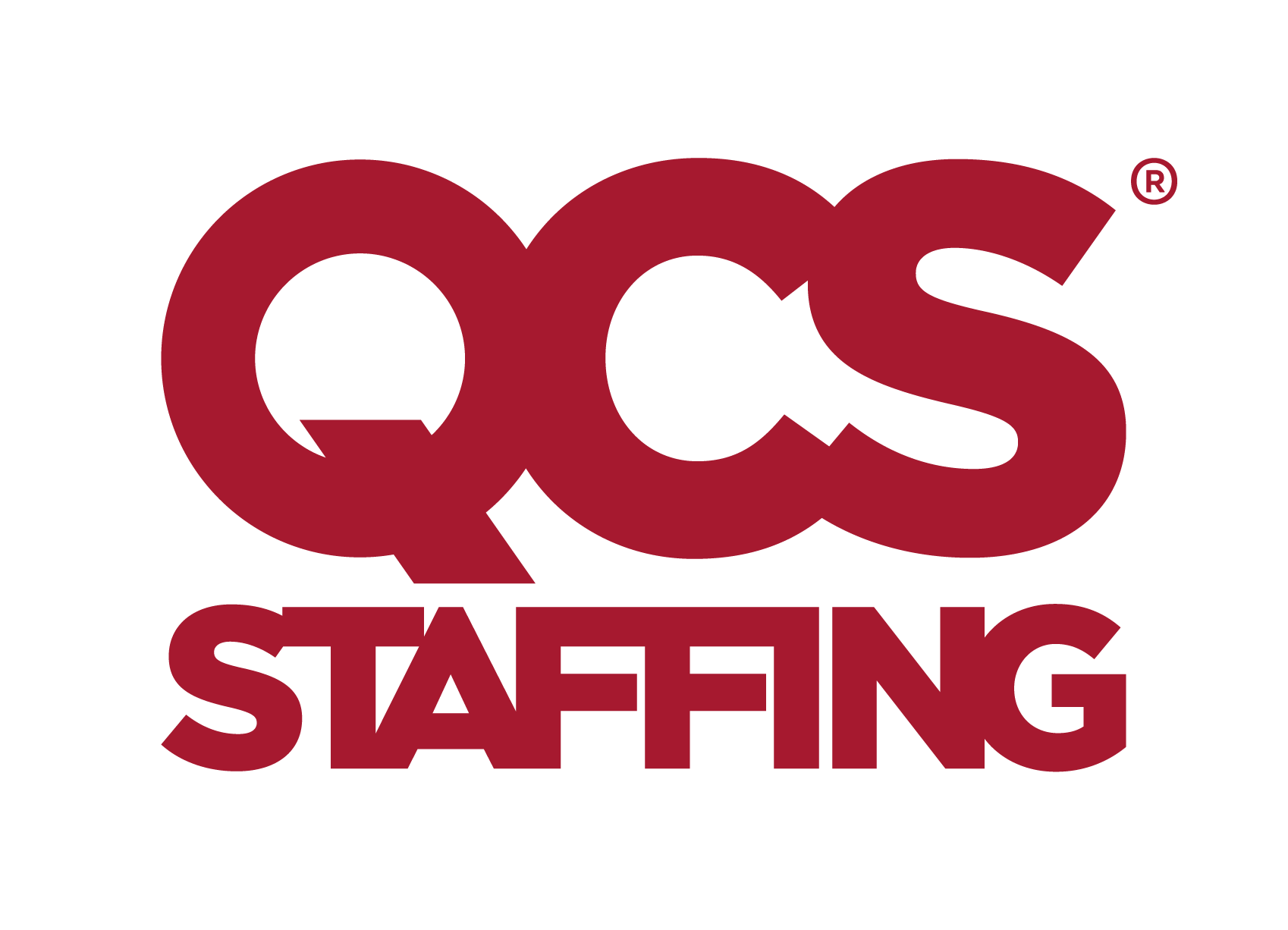What impact has Covid-19 had on the life sciences market?
The Covid-19 outbreak has put an unforeseen pressure on the life sciences market as companies – ranging from blue-chip organisations to start-ups - are trying to act fast and do their part in the battle against the virus.
Life sciences is not only an essential sector, but the impact that Covid-19 has will reshape our healthcare system and determine the future of our global economy, which took a huge hit earlier this year. Meanwhile, the FTSE 350 pharmaceuticals and biotechnology index has not only recovered from the crisis financially but now stands in a better position than before.
While the future of the life sciences market looks promising there are constraints on logistics and manufacturing which will affect the supply chain, particularly impacting drug development and clinical trial operations. The scale of the impact is difficult to predict because there is no clear date of when a Covid-19 vaccine will be developed and how soon after operations will return to normal, but if one thing is certain it’s this – the life sciences market will come back stronger.
Companies are preparing to weather the storm
For companies in the life sciences market, employee wages account for 40-70% of their costs - an expense that would leave companies who’ve had to stop production in a poor financial situation. But the UK’s initiative to pay 80% of the salaries of those unable to work will help these companies weather the storm and ensure those jobs are ready waiting for their employees to return to in the coming months.
Increase in investment
In March, the UK government pledged to increase spending on research and development to a titanic £22 billion by 2025. A sizeable proportion of this R&D budget will be channelled to the life sciences market and have a huge impact on the sector’s response to Covid-19. An additional £20 million has been distributed to specifically to UK universities to fund the development of a vaccine but also to better understand the spread of the virus. These influxes of investment bring job security to those employed by the life sciences market and present new opportunities, particularly for those interested in pursuing a life sciences career in biopharma and MedTech.
More efficient data information sharing
Before scientific data is published to academic journals, it traditionally undergoes peer review to check the validity of the findings. But faced with a global health emergency, scientists are uploading their data on less formal platforms to promote data information sharing. There have been many changes in life sciences in the last 10 years and now with the outbreak of Covid-19 there is the potential to improve collaboration between scientists around the globe and accelerate new discoveries.
Disruptions to drug development
Because the life-span of a drug development project can exceed 10 years the impact of Covid-19 on this branch of life sciences is likely to vary. Large pharmaceutical companies with surplus capital behind them are in a good position to continue with R&D and use this time to invest while smaller enterprises are expected to trim their cash flow and focus on survival. These companies have the chance to make up for lost time over the course of the project life-span, however, for those at the later stages of development and preparing for launch, the pandemic could deliver a costly blow.
Clinical trials
Much of the resources intended for ongoing clinical trials have been redirected to help in the response to coronavirus. As a result, the testing for a coronavirus vaccine has been fast tracked which paints a promising picture for the future where drug development and healthcare solutions are delivered within a shorter timeframe.
However, the social distancing measures that have impacted the personal lives of people around the world have taken effect in testing laboratories too. In response, the FDA and other regulatory bodies have permitted virtual visits and remote monitoring – something the life sciences market would have though logistically impossible before the outbreak. This innovative thinking has kept laboratories and sites across the UK open during the lockdown and has not only protected hundreds of jobs but also redefined the limits of clinical trials.
The road ahead
Though the life sciences sector will fare the Covid-19 outbreak better than most industries, the strain on our economies may see companies hold back on any expansion plans and struggle to attract investment. The impressive growth that life sciences has experienced in the past few decades will begin to plateau for the short-term until funding ramps back up.
On a positive note, the pandemic has turned our attention to the essential need for strong life sciences bases in the UK. In the years to come, this should translate into industry growth, increased innovation, stronger collaboration and ultimately a promising job market.
Are you ready to help in the fight against Covid-19?
The life sciences market needs talented professionals to help in the global fight against Covid-19. At QCS Staffing, we’re looking for candidates to place in a variety of exciting roles in commissioning, qualification and validation and quality assurance across the UK and Europe. Browse our life sciences jobs and start your application today.





.png?v=826427c8ea626fddbf9986dd8abfe2da)
.png?v=bb5861e0dc65c63024129110486b8e2a)